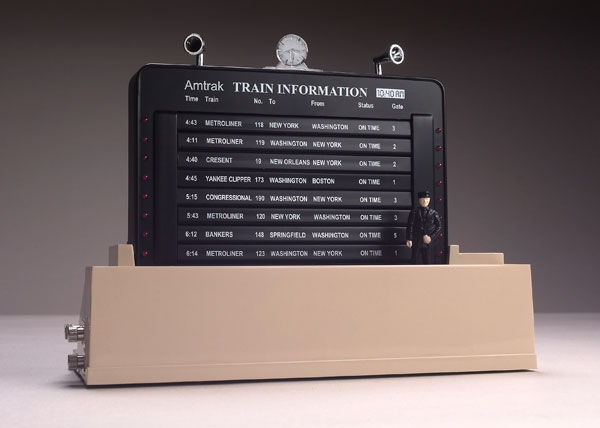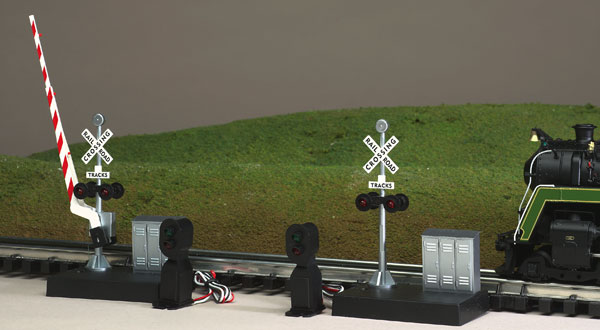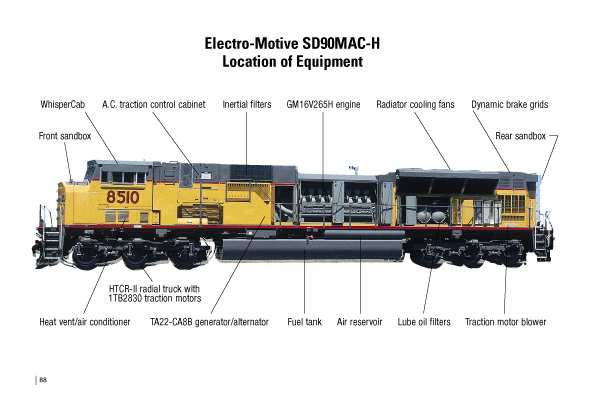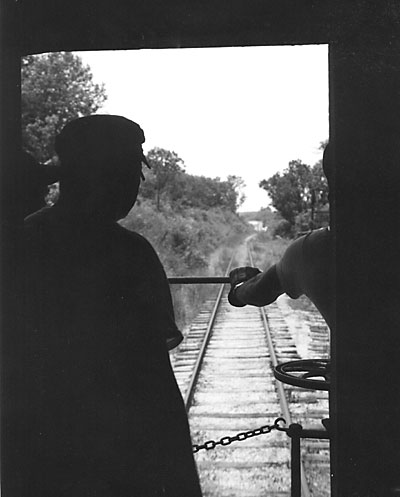
THE ATLAS O PRATT truss bridge, in both single- and double-track versions, is an impressive railroad structure. The plastic bridge, made of zigzagging girders with a simulated wooden deck, would be the centerpiece on most layouts. But what impressed me also made me pause. And when I poured dozens of girders out of the kit […]
Read More…

THE DREYFUSS HUDSONS look fast standing still and they backed up their speedy image with superb performance. In the 1930s, the New York Central streamlined 10 of the line’s famed 4-6-4 Hudsons as part of an upgrade of the railroad’s premier express, the 20th Century Limited. But despite their celebrity status, in time the locomotives […]
Read More…

LOOKING AT THE SHIPPING list citing the box’s contents as a New York Central Hudson, my first words were, “Been there, done that.” After all, seemingly dozens of the Central’s classic 4-6-4 Hudsons have been produced by Lionel, MTH, K-Line, and Williams, in scale, semi-scale, and toy-like versions. There are even more Hudsons out there […]
Read More…

AMONG THE LATEST in Lionel’s LionMaster line of traditional-sized locomotives is an exceptionally sharp rendering of a Union Pacific-style 4-6-6-4 Challenger, painted and lettered for the Western Maryland Railroad. Although in real life that Appalachian coal hauler used a different style of 4-6-6-4 locomotive, Lionel’s model will probably please everyone but the most die-hard, rivet-counting […]
Read More…

ONE OF THE MOST recognized American locomotives is the bullet-faced Norfolk & Western J-class 4-8-4 Northern. Between 1941 and 1950 the railroad, which stubbornly supported steam locomotives while other roads embraced diesels, built 14 J and J-1 class locomotives, keeping them on the active roster until 1959. The notable exception to retirement was no. 611, […]
Read More…

NOT SO LONG ago, crowds at passenger terminals flocked to the enormous automatic boards that informed them when trains were due to arrive and depart. The clicking sounds and illuminated names of crack trains and faraway cities added to the romance of railroading. The MTH no. 30-9022 Dispatch Board lets you add one of these […]
Read More…

LET’S FACE IT: Most U.S. railroad enthusiasts don’t know much about the railways or trains run by our Canadian cousins. This is unfortunate, since the railroad history of the Great White North is just as interesting as that of the Lower 48. Until recently, the major toy train manufacturers applied Canadian National and Canadian Pacific […]
Read More…

Z-STUFF FOR TRAINS has put it all together – O scale sized crossing gates or signals and infrared technology – all in one box. Z-Stuff’s operating highway crossing sets come in two styles: blinking signals with gates or blinking signals without gates. Both also play the sound of a ringing warning bell. The sets are […]
Read More…

Sample page from Field Guide to Modern Diesel Locomotives. Sample page from Field Guide to Modern Diesel Locomotives. Greg McDonnell’s Field Guide to Modern Diesel Locomotives, from the publishers of TRAINS Magazine, picks up where Louis Marre’s Diesel Locomotives: The First 50 Years (Kalmbach 1995) leaves off. McDonnell includes histories and spotting features of Electro-Motive […]
Read More…
Modern railroad dispatching systems and movement controls have evolved by trial and error into a two-tier system of centralized dispatching and trackside signaling. But while the physical means of controlling traffic converged on a few types of lineside signal equipment – semaphores, position-lights, searchlights, etc. – the colors and arrangements (“aspects”) they presented, and the […]
Read More…

Caboose For more than a century, the caboose was a fixture at the end of every freight train in America. Like the red schoolhouse and the red barn, the red caboose became an American icon. Along with its vanished cousin the steam locomotive, the caboose evokes memories of the golden age of railroading. There are […]
Read More…
Say you’re an engineer running a multi-unit diesel consist on a freight train. During the trip, it becomes necessary to remove the lead unit because of a grade-crossing entanglement, some mechanical problem, or to give to another (underpowered) train. No problem – the second unit can lead as well as the first, so you resume […]
Read More…










